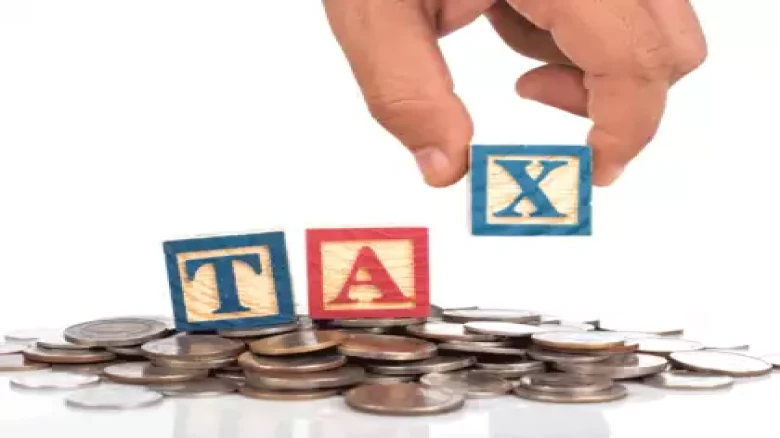Another sensible approach to avoid taxes is to invest in the National Pension Plan (NPS).
Digital Desk: Taxpayers have already begun preparing investments for the next fiscal year, the current one ends on March 31, 2023. While long-term tax planning is crucial, doing a few easy tasks before the end of the month can also help individuals save money.
Taxpayers are running out of time to take advantage of tax deductions as the fiscal year (FY 2022-23) comes to an end. It should be highlighted that individuals can save a significant amount of money by taking basic activities such as investing. To make the most of this chance, keep the following checklist in mind until the deadline:
1. First, under section 80C, taxpayers can claim a deduction of up to Rs 1,50,000 by investing in ELSS, PPF, NPS, EPF, tax-saving fixed deposits, and other instruments.
2. Another sensible approach to avoid taxes is to invest in the National Pension Plan (NPS). In addition to the overall maximum of Rs 1.5 lakhs, taxpayers can claim an extra deduction of Rs 50,000 under section 80C.
3. Taxpayers can claim a Rs 25,000 deduction for health insurance premiums paid for themselves, their spouses, and their dependant children. Also, taxpayers can claim an additional Rs. 25,000 deduction for their parents. Elderly citizens are eligible for up to Rs. 50,000 in each categories.
4. If a taxpayer is thinking about buying an electric car, the interest paid on the loan can be deducted up to Rs 1,50,000.
5. Taxpayers can decrease their tax obligation by taking advantage of tax incentives on home loans that cover both principal repayment and interest payments. Home loan tax benefits are available under different parts of the Income Tax Act, including Section 80C-up to Rs.1,50,000, Section 24B-up to Rs 2,00,000, Section 80EE-up to Rs 50,000, Section 80EEA-up to Rs 1,50,000, and Section 80EEA-up to Rs 1,50,000 for joint home loans.
6. Lastly, taxpayers should consider paying their taxes in advance. If the tax liability, net of TDS, exceeds Rs 10,000, they are liable to pay the advance tax to avoid an interest penalty.

Leave A Comment